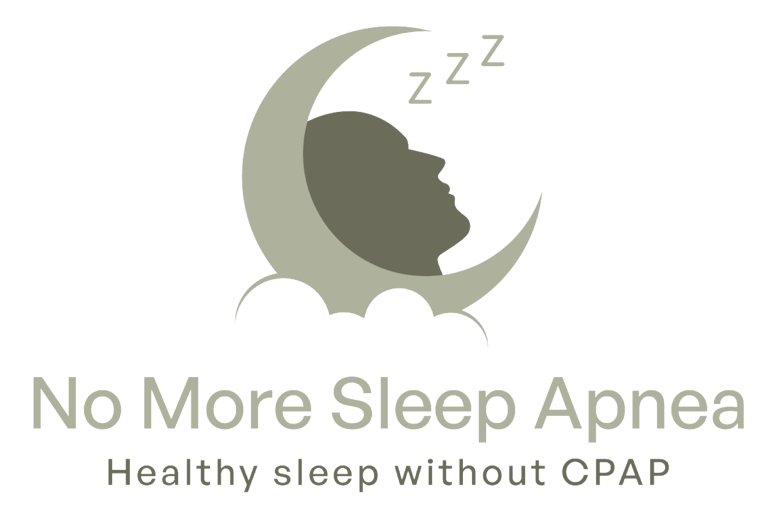The Power of Weight Loss for OSA Sufferers


How Weight Loss Can Help OSA Sufferers
Obstructive Sleep Apnea (OSA) is a sleep disorder characterized by interrupted breathing during sleep. It affects millions of people worldwide and can have serious health consequences if left untreated. While various treatment options are available, weight loss has been shown to be particularly beneficial for OSA sufferers. Here are some weight loss tips that can help improve symptoms and overall well-being.
The Link Between Weight and OSA
Excess weight, especially around the neck and throat area, can contribute to the development and worsening of OSA. The extra weight can put pressure on the airways, causing them to collapse or become blocked during sleep. Losing weight can help reduce this pressure and improve the flow of air, leading to fewer breathing interruptions and a better night's sleep.
Weight Loss Tips for OSA Sufferers
1. Adopt a Healthy Eating Plan: Our book, Sleep Apnea Cured in Three Steps, suggests an eating lifestyle called Weight Loss Eating. This program focuses on eating low-net carbohydrate foods. Avoid or limit foods that are high in saturated fats, sugar, and refined carbohydrates. There is a low-net carbohydrate chart in the glossary of the book.
2. Engage in Regular Physical Activity: Incorporate regular exercise into your routine to help burn calories and promote weight loss. Aim for at least 150 minutes of moderate-intensity aerobic activity or 75 minutes of vigorous-intensity activity each week. Exercises that have been medically-proven to reduce OSA symptoms are found in Sleep Apnea Cured in Three Steps.
3. Practice Mindful Eating: Pay attention to your body's hunger and fullness cues. Eat slowly and savor each bite, allowing yourself to fully enjoy the flavors and textures of your food. This can help prevent overeating and promote a healthier relationship with food.
4. Get Adequate Sleep: Prioritize getting enough sleep each night as it plays a crucial role in weight management. Lack of sleep can disrupt hormones that regulate appetite, leading to increased cravings and overeating. Aim for 7-9 hours of quality sleep per night.
5. Stay Hydrated: Drink plenty of water throughout the day to stay hydrated. Sometimes, thirst can be mistaken for hunger, leading to unnecessary snacking. Keeping a water bottle with you at all times can help remind you to drink enough water.
6. Monitor Progress: Keep track of your weight loss progress to stay motivated and make necessary adjustments. Consider using a food diary or mobile app to record your meals, exercise, and emotions surrounding eating. This can help identify patterns and areas for improvement.
Conclusion
Weight loss can be an effective strategy for managing and improving symptoms of OSA. By adopting a healthy eating plan, engaging in regular physical activity, practicing mindful eating, getting adequate sleep, staying hydrated, and monitoring progress, OSA sufferers can take control of their health and well-being. Remember to consult with a healthcare professional before starting any weight loss program to ensure it is safe and appropriate for your individual needs.

